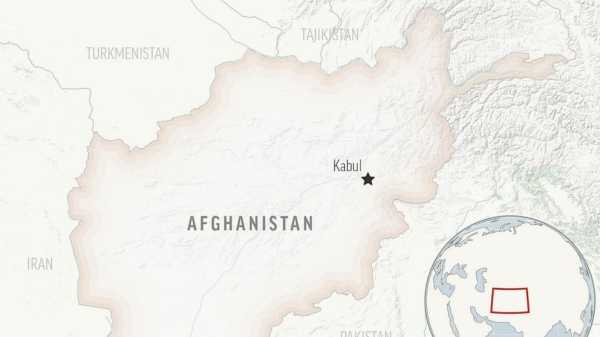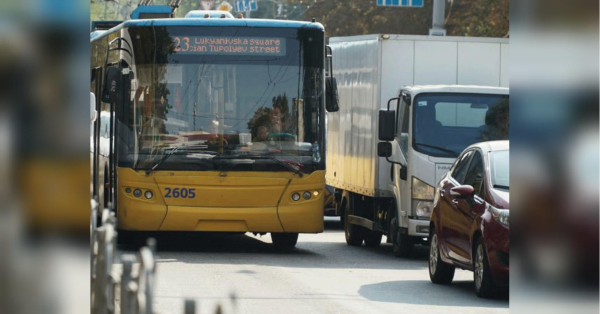
ISLAMABAD — Two children died as scores of Afghan families fled a Taliban demolition this week of their shantytown homes in Kabul, an international aid group said Tuesday.
The Norwegian Refugee Council said the demolition of the ramshackle settlement in the Pul-e-Shina area outside of Kabul this week left 280 families, or around 1,700 people, homeless. The group said it received reports of two children — one aged 4 and another aged 15 — dying as families evacuated their homes.
The group did not know the immediate cause of death. A spokesman for the Kabul municipality, Niamatullah Barakzai, said there were no deaths or injuries during the clearance operation.
More than 6 million people are internally displaced in Afghanistan, mostly due to decades of war. But worsening living conditions since the Taliban takeover in August 2021 — as U.S. and NATO forces were withdrawing from the country after 20 years of war — and increased economic hardship are also forcing people to move.
The economic collapse has driven large swaths of the population into poverty as the flow of foreign aid has slowed down, forcing people to seek work, shelter, and aid elsewhere.
The council urged the authorities to halt further evictions and to uphold their obligations under international law, which guarantees their rights against forced eviction.
"Internally displaced people who are living in these settlements are already on the brink of survival and struggling with the economic crisis — this raises serious concerns that evictions will exacerbate the already extreme humanitarian needs,” said Neil Turner, the Norwegian Refugee Council's country director.
Barakzai, the Kabul official, denied houses were demolished in Pul-e-Shina. “We cleared the land that was illegally taken by people,” he said. “No one was harmed. The death of children is a lie. We have all the evidence and we will not allow anyone to illegally take an area.”
Nearly 80% of the previous, Western-backed Afghan government’s budget came from the international community. That money, now cut off, financed hospitals, schools, factories and government ministries. The pandemic, medical shortages, drought and malnutrition have made life more desperate for Afghans.
Sourse: abcnews.go.com






